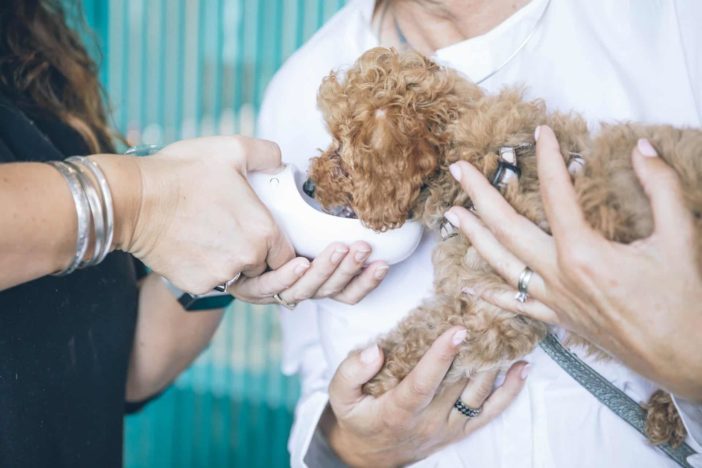Ever since you were little, you have harbored a dream of becoming livestock or a food veterinarian. Growing up, your love for pets and livestock strengthened your passion for this discipline, raising your determination to pursue a career as a veterinarian when you finally come of age.
While becoming a veterinarian is a wonderful career choice, you must understand that taking this route comes with challenges. Thus, before you pursue a career in this field, you need to note these few things. One of those things is understanding who a livestock and food veterinarian is.
Who is a livestock and food veterinarian?
First off, let’s look at who a livestock veterinarian is. As the name implies, a livestock veterinarian is an individual who specializes in caring for large animals, including cows, horses, goats, and pigs, living on farms and ranches.
On the other hand, a food veterinarian is an individual who specializes in caring for farm animals like pigs, cattle, and sheep, which are raised to be food sources.
Having understood who a livestock and food veterinarian is, let’s look at a few things you need to consider before embracing one of the two professions.
1. Interacting with humans is a core part of the job.
Of course, since veterinary medicine generally requires that you deal with all sorts of animals, the chances are that you won’t have to interact with humans often, right? Absolutely wrong!
While becoming a food or livestock veterinarian might appear like the perfect way to pursue a career in medicine without having to deal with humans, the truth remains that you cannot treat a pet without interacting with its owners. Therefore, if you are bad at communicating, you should hone your communication skill as you will definitely spend more time communicating with pet owners than pets.
2. You need to plan for school expenses.
Nothing good comes easy, remember? While harboring a dream of becoming a food or livestock veterinarian, you should plan for school expenses as veterinary school is quite costly but definitely worth it. Rather than worry about how much you’ll spend on your journey down this road, consider the sacrifice as an investment and plan accordingly.
Most students lack the financial capability to afford to pay for veterinarian school out of pocket, which is why you may want to consider seeking a loan. A federal student loan is a great option for those seeking to leverage loans to pay for their veterinarian school.
Provided the commitment is there, you should reap the fruit of your labor after four years in school. I’ll also recommend that you consider disability insurance for veterinarians when you start practicing. Doing so should help protect your income in the event of an injury, accident, or any medical condition.
3. Nothing goes as planned when working with animals.
We are fond of making plans and expect things to work as planned. As a vet doctor, planning should be a staple of your daily routine. However, don’t always expect the plans you make to play out the way you want them to.
Remember, you aren’t treating humans but animals who may end up exhibiting behaviors that could lay your plans in ruins.
4. Be ready to study
I believe you saw this one coming. But, if you aren’t aware, you should understand that veterinary medicine is a branch of medicine that deals with the prevention, diagnosis, and treatment of disease, including prevention in animals of all types.
Looking at such a definition, you should be able to see some similarities between medicine and vet medicine. In light of that, you don’t need a soothsayer to tell you the amount of information you’ll need to assimilate to come out as a certified vet doctor. You’ll read your ass off to learn the ropes of this field. And that is certainly something you should be ready to do to achieve your goal.
Conclusion
Pursuing a career as a food or livestock veterinarian is a good decision. However, you must understand that it takes more than the love for veterinary medicine to succeed in this discipline. You need to have the passion, commitment and follow them up with sheer hard work to achieve your dream of practicing veterinary medicine.





